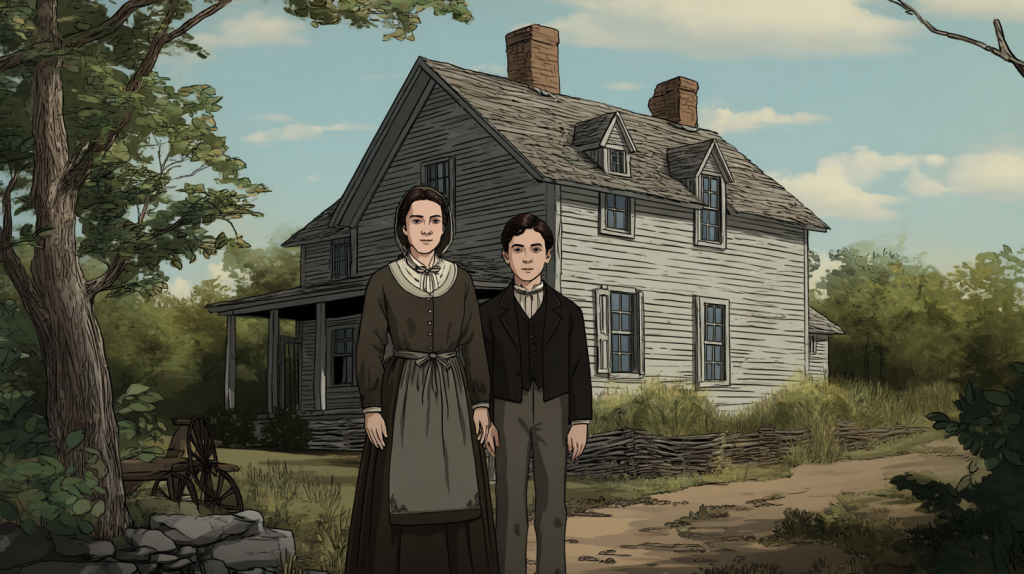The Family Religion

I dreamt of a 19th century rural mother and her teen-age son. She was proud at how he had turned out, and proud of her efforts in that project. Mindfulness was an essential part of being a good mother; she was to weigh each of her statements and actions by the effect it would have on the well-being of the family members. She needed to remain attentive to the weather, the state of plants and animals, and to react accordingly to maximize the output of the farm. The men in the family would remain attentive to changes in business climate, economic opportunities, advances in technology, and so forth. This attentiveness and reactiveness would make the family successful economically and socially — and most importantly, spiritually. Why? Because one may not prioritize personal desires when attentive to environmental conditions, nor when reacting to them for the benefit of the family. One transcends personal imperfection though discipline and through successful integration in God’s creation. Her primary project was therefore spiritual, and all of her activities — as a mother and farm wife — were in service to her religion.
I saw that feminism would be a non-concept to such a woman. She would not consider herself a repressed person, but a cog in an otherwise functioning machine. Cogs are not free to do as they are pleased, but they are not repressed either. They have roles. In this case, the family was that machine. Family prosperity would lead to the acquisition of more land, better food for children, leading to more surviving children, who would have access to better marriages, and so forth. The family was an object of natural selection. Families had an interest in suppressing gender equality.
In a future world in which a family has little hope of achieving more prosperity than the previous generation had, that game would be over. In such a future world, personal desire would be promoted. Individual desire is contrary to collective action of any kind. It is the engine of consumerism and of debt. Individualism is therefore key to mass control and mass obedience.
Increased technology might well reduce the amount of labour that humans must perform, but the break between humans and reality would increase mindlessness. At the same time, increased technology could fill the void it created by means of ever-present entertainment possibilities. Mindlessness goes hand-in-hand with individuality, in that it keeps people from understanding their situation and formulating collective solutions.
I have no nostalgia for the 19th century. My trips, which are at least weekly, have revealed it to me as the opposite of its depiction in modern movies. It is filthy, smelly, and unfair in every way I can think of. Nevertheless, this era does provide a perspective from which increased individual freedom and the increased convenience of technology can be seen as dark developments. This mother would in no way be envious of that state of spiritual poverty.
